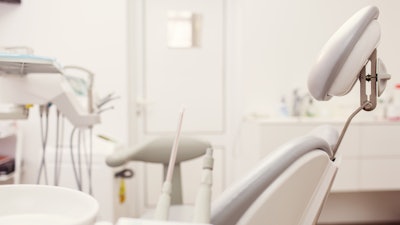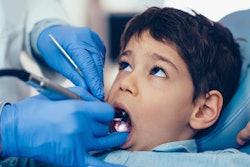
Dental patients are open to receiving diet advice in dental settings and are willing to follow nutritional programs to prevent both oral and systemic diseases, according to a study recently published in BDJ Open.
The presence of a nutritionist in the dental setting was well received, offering an opportunity for tailored diets with regular follow-ups, the authors wrote.
"Dental patients perceived the dental setting as adequate to receive nutritional advice from both nutritionists and the dental staff," wrote the authors, led by Marcello Iriti of the University of Milan in Italy (BDJ Open, June 11, 2024, Vol. 10, 47).
To better understand patients' interest in receiving nutritional counseling at the dental office, a questionnaire was distributed to 313 patients at a private clinic, a hospital dental clinic under the Italian healthcare system, and a private dental practice within the same hospital. Of these patients, 123 were men and 190 were women. The patients' ages ranged from 19 to 87 years old.
Approximately half of the patients across all groups had previously followed a diet, with most of these diets prescribed by dietitians, nutritionists, or clinicians. Notably, patients who had not followed a diet were more likely to have a body mass index (BMI) outside the healthy range, they wrote.
When asked about their willingness to receive nutritional advice, more than 80% of patients from all age groups expressed interest, especially in reference to oral disease prevention. However, some patients, predominantly those with an unhealthy BMI, showed indifference or lack of interest in receiving nutritional guidance, they wrote.
Overall, patients were fine receiving nutritional advice from nutritionists or dentists. Furthermore, the presence of a nutritionist in dental clinics was largely seen as beneficial, with those in the healthcare system finding it particularly useful. Also, most patients, specifically in the healthcare system, recognized the value of planning regular nutritional follow-ups, with over 80% responding positively, they wrote.
The study's limitations included a sample population limited to northern Italy. Future multicenter studies across diverse geographic and sociocultural settings will be crucial to validating these findings, the authors added.
"Considering the increasing importance of nutrition in the prevention of oral and systemic diseases, a multidisciplinary approach is pivotal, where the dental clinics could play a role in periodical screening and check-up, and where the nutritionist joins the dental team and becomes part of the management of the dental patient," they concluded.




















